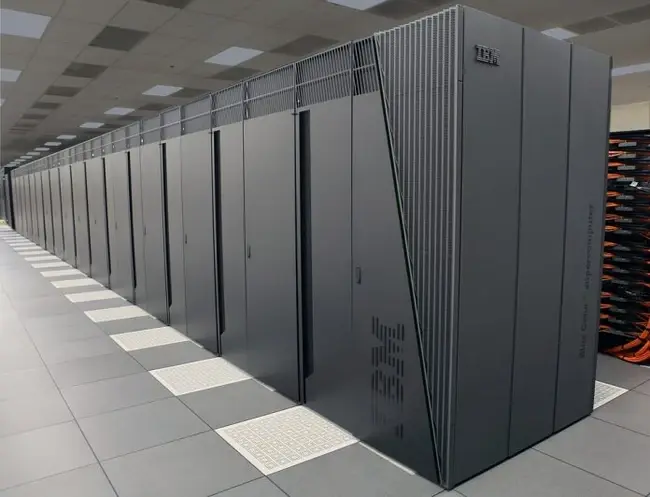
Outdated IT systems will hold back firms in the Big Data economy, according to a new report.
Transforming to a distributed environment is critical for businesses to thrive in the new digital economy, adds the report by TmaxSoft, a global mainframe infrastructure provider.
Big Data is transforming the way businesses compete and operate, with 55 per cent of business leaders reporting that data has disrupted their operations in the past year. However, TmaxSoft warns that legacy IT systems – which make managing data and making it actionable challenging – are preventing many businesses from making the most of Big Data.
Enterprises are racing to embrace the Big Data revolution, working to strengthen their business strategies and drive new opportunities through technology. Such is the pace of change that data is now considered the most valuable resource in the world, revolutionising what we know about consumer behaviour and offering completely new ways of working.
However, many organisations lack the processing power, storage capacity, applications and tools in their legacy IT systems to make the most out of these opportunities, as they are not able to draw upon different repositories of data and derive insights from them in real time.
According to Carl Davies, CEO of TmaxSoft UK, organisations that do not take early strides to overcome these challenges are likely to face greater difficulties further down the line and will struggle to compete in the emerging economy. Davies says: “Legacy systems such as mainframes have worked extremely well in closed systems for decades, but technological developments such as Big Data are forcing firms to think differently about how they manage their data.
“To realise the benefits of Big Data you've got to be able to mine different repositories of data and make it actionable in real time, which is a world away from the batch processing typical of mainframes. Mainframes are very closed systems, where IBM controls everything, from the apps to the hardware.
“This worked fine 30 years ago because there was traditionally a one-to-one relationship between applications and hardware. Now, things have evolved to where the technology stack is three tier – you've got the application, the app server and the database. Things are more integrated and APIs are more readily available which allow applications that don't normally communicate with each other to exchange data.
“The nature of mainframe architecture makes getting access to some of these newer API-driven integration technologies – the Big Data environments – very expensive and challenging.”
To avoid becoming another prisoner of legacy systems organisations must think about the tools needed to gain real value from their data, developing clear upgrade plans to streamline the transition.
Davies added: “Before, the only solution was to re-write these applications from PL/I to a developer language such as Java. However this process can be very difficult, expensive and time-consuming, requiring a unique set of skills that cannot often be found within an organisation. TmaxSoft's OpenFrame offers a much more effective solution here, bridging the gap between legacy systems and the integrated systems that Big Data requires.
“By utilising a rehosting service, organisations can easily lift existing mainframe assets and move them to the cloud quickly and with minimal risk. This offers businesses a secure, simple and cost-efficient door to the Big Data gold rush.”







Comments ( 0 )